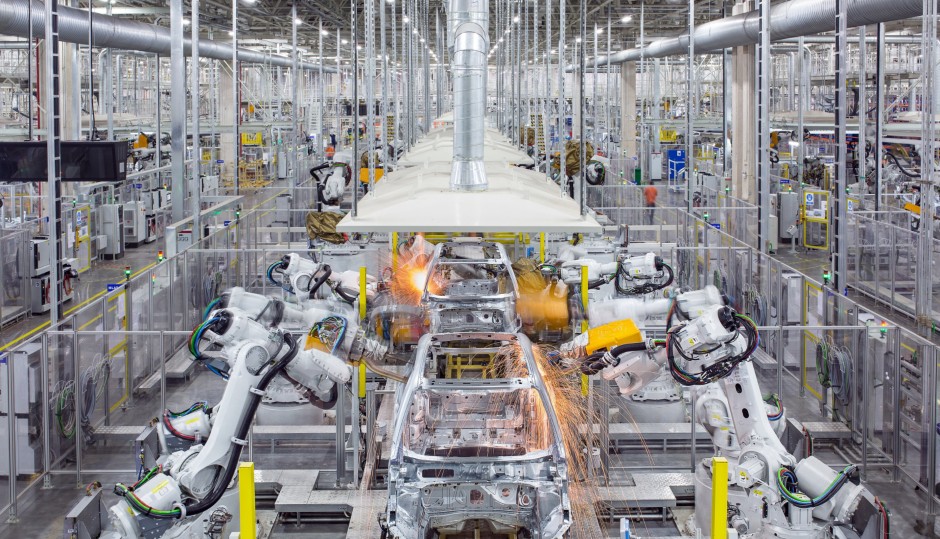
Argentine President Alberto Fernández emphasized the importance of the law to promote the country’s automotive industry when it was passed.
Automobile production is “the figurehead of the industry as a promoter of employment and work,” the president said at a ceremony in General Pacheco in the province of Buenos Aires (East).
Fernández highlighted the initiative, saying the move provides “the predictability the country needs to continue growing.”

The law, passed unanimously by the Senate on September 1, provides tax incentives for investments in capital goods and infrastructure work made by companies that make cars, trucks and auto parts.
In his assessment of the new law, the president assured that the text “is the result of a consensus of all, because as a draft law it did not come from the executive power, but was agreed upon with entrepreneurs, workers and the state”.
The legislation, which declares the production of auto parts a strategic sector, provides tax incentives such as exemption from export duties until December 31, 2031 and early reimbursement of value added tax (VAT).
With the new scheme, the government hopes that Argentina, which will export 190,000 cars this year, can increase production by 70% compared to units produced in 2019, according to Massa, who supported the initiative in Congress.
By the end of 2023, the 690 small and medium-sized enterprises that exist in the country for the production of parts involved in the production of a car will be able to expand 23% of “employment throughout the value chain”, said the head of the Economy. department.
Through this law, “the automotive sector will become a clear player in Argentina’s industrial policy for the next five years,” Massa said.
The government also approved this Friday the Law on Modern Biotechnology and Nanotechnology, extending until 2023 the scope of a previous decree that gave tax benefits to companies investing in strategic science and technology projects.



